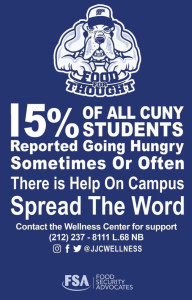 The biggest complaint I get from my students is that I assign too much reading and writing. I heed this complaint only to the extent that I check myself that I am not being unreasonable with students who have to work to feed and clothe themselves and am not, thereby, making a college degree outside of their reach. Other than that, GAME ON!
The biggest complaint I get from my students is that I assign too much reading and writing. I heed this complaint only to the extent that I check myself that I am not being unreasonable with students who have to work to feed and clothe themselves and am not, thereby, making a college degree outside of their reach. Other than that, GAME ON!
For each class meeting, I assign a reading, whether undergraduate or graduate, with a short writing assignment. I do not assign that one, major final paper at the end of the term. Instead, I opt for weekly short pieces through the semester culminating in a portfolio of sorts at the end. Each week, you need to write/design/draw your thinking alongside what we are reading. I do not expect a coherent, linear essay or even written text for that matter. I never assign a reading and then quiz students in class. That takes up valuable time in class when they need to be talking to one another, pulling apart ideas, and piecing them back together again with their colleagues in the room who will see or notice something different. I never assign a reading without a written text to accompany it. I collect and comment to all of this writing as a reader, not a grader. You are graded for doing it, not the form, grammar, or political agreement. I won’t back down from this pedagogy, especially if students are reading about issues related to Blackness, gender, race, sexuality, bodies, and cultures. I believe this pedagogy forces young people of color to do something school seldom requires of them when it comes to Black and Brown Knowledge: KNOW WHAT THE HELL YOU TALKIN BOUT!

 I have decided upon a new series (though I have not finished the previous series:
I have decided upon a new series (though I have not finished the previous series: 


